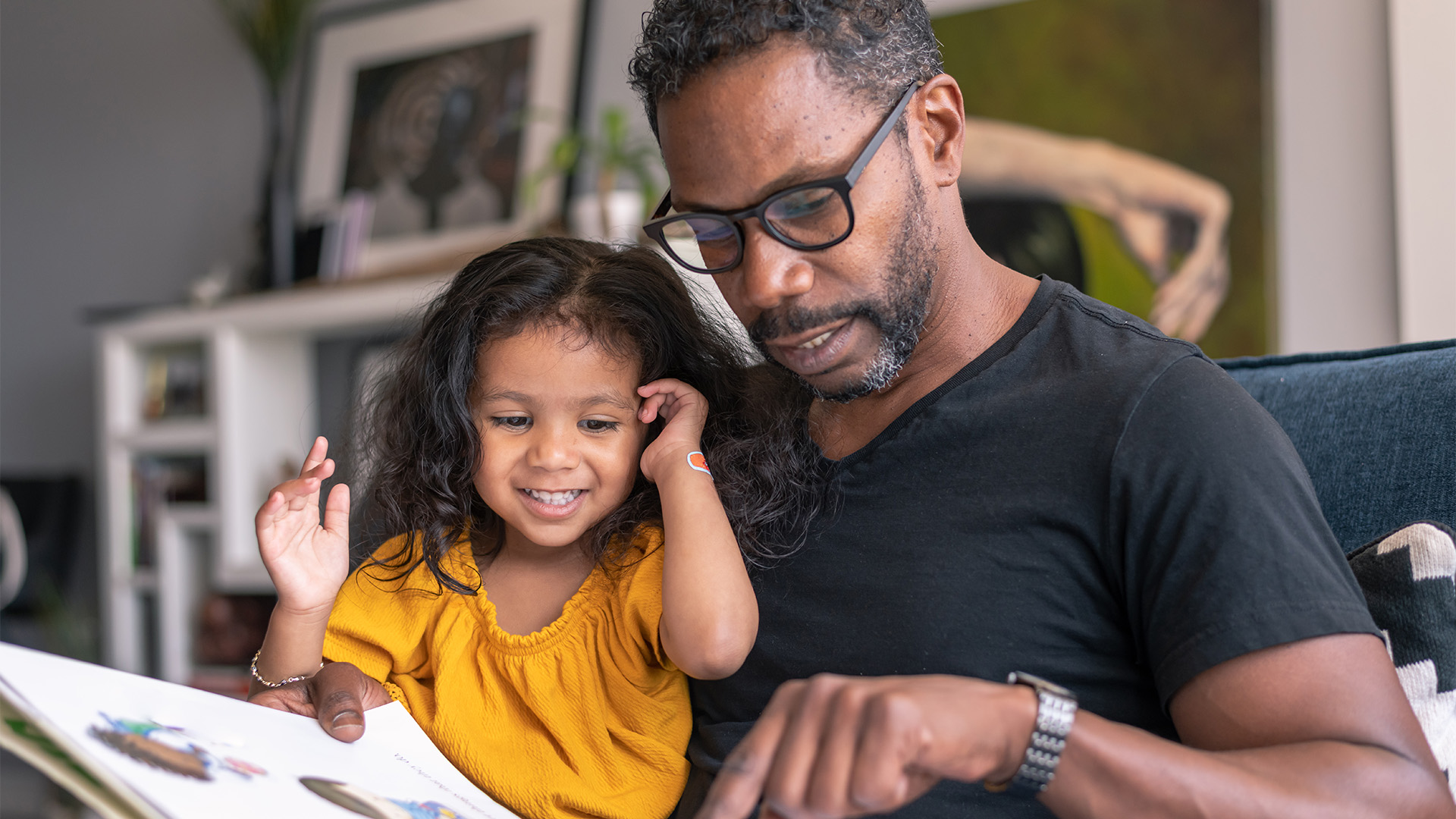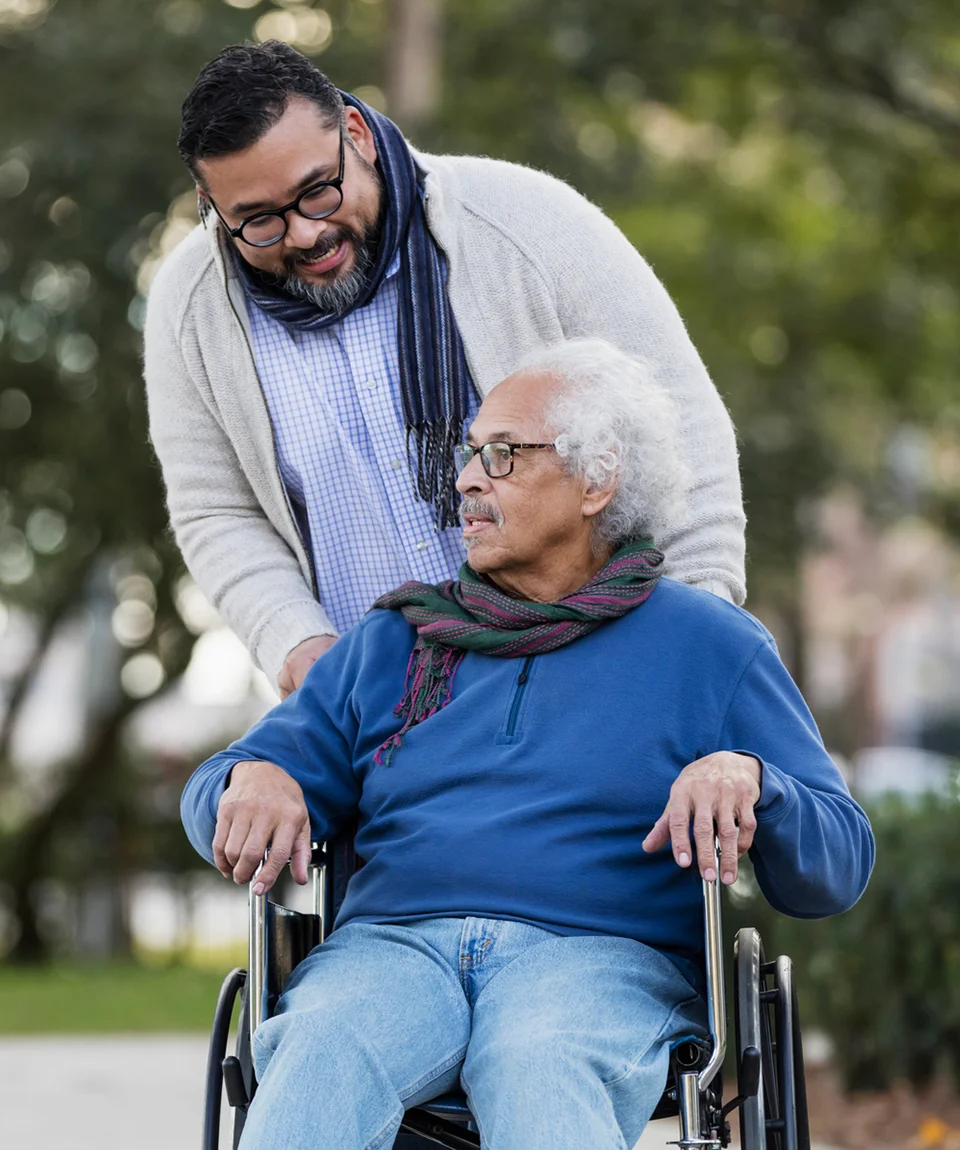A stroke creates physical and emotional demands on both parents and children. It affects each member of the family differently.
The parent who has had the stroke needs to focus on recovery and may be less able to be the parent they were. Others in the home often take on extra roles and responsibilities.
Some children may develop behaviour problems or show signs of depression after a parent has a stroke. Here are some tips to keep connected to your children:


Communicate. Make sure to give children a chance to express their feelings and concerns. Be open, sensitive and honest.
Be yourself. Do not let the stroke be the focus of your relationship with your child.
Make time. Plan time in each day for your child.
Be supportive. Try not to let the situation overwhelm you and the children. Plan to cope as a family with each problem as it occurs.
Use your children’s talents. Empower them by hearing what they have to say and by using their ideas to solve problems.
Maintain routines. Include having fun as part of the routine. It helps to cope with uncertainty.
Make children part of the team. Involve them in parts of your therapy. Teach them how to handle emergencies. Make sure they know how to respond if another stroke occurs.
Talking to children
Children often blame themselves when something bad happens in a family. They need to know that no one caused the stroke and no one is to blame.
Explain that a medical problem caused the stroke. Make sure they understand and accept that it did not happen because of anything they said or did.
Here are some tips for talking to children about stroke:
- Explain what a stroke is by using words your child can understand. You could say: “A blood vessel taking blood to my brain was not healthy. It started to bleed. That meant my brain did not get enough blood for a while.”
- Talk about the stroke: what caused it, how it feels — the good and the bad.
- Explain the results of having a stroke. Explain the changes you are experiencing and that you may not be able to do the same things as before, or you may do them differently.
- Talk about the effects that cannot be seen such as fatigue and memory problems.
- Explain that you may need a lot of rest to get better and it may take a long time.
Where to get support
Talk with your doctor, nurse, social worker or someone from your faith community.
Family and child services in the community may offer counselling and play therapy for children.

